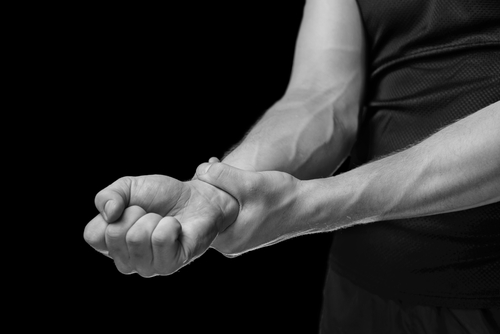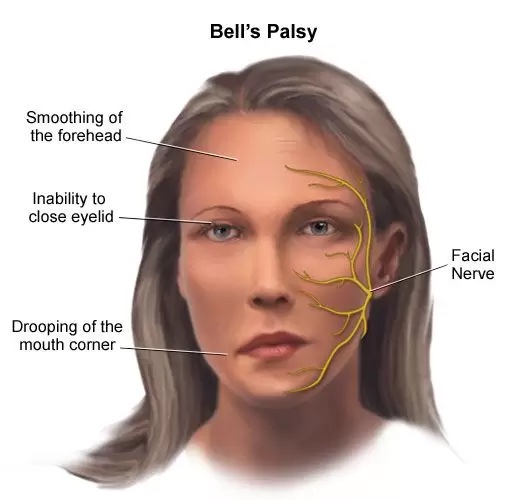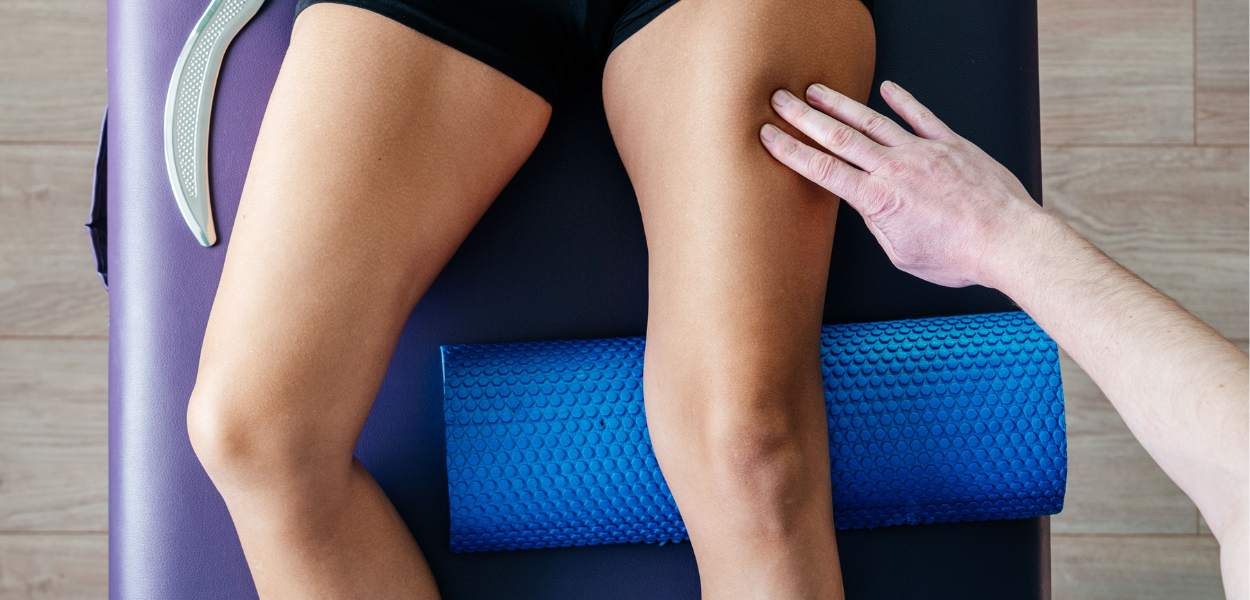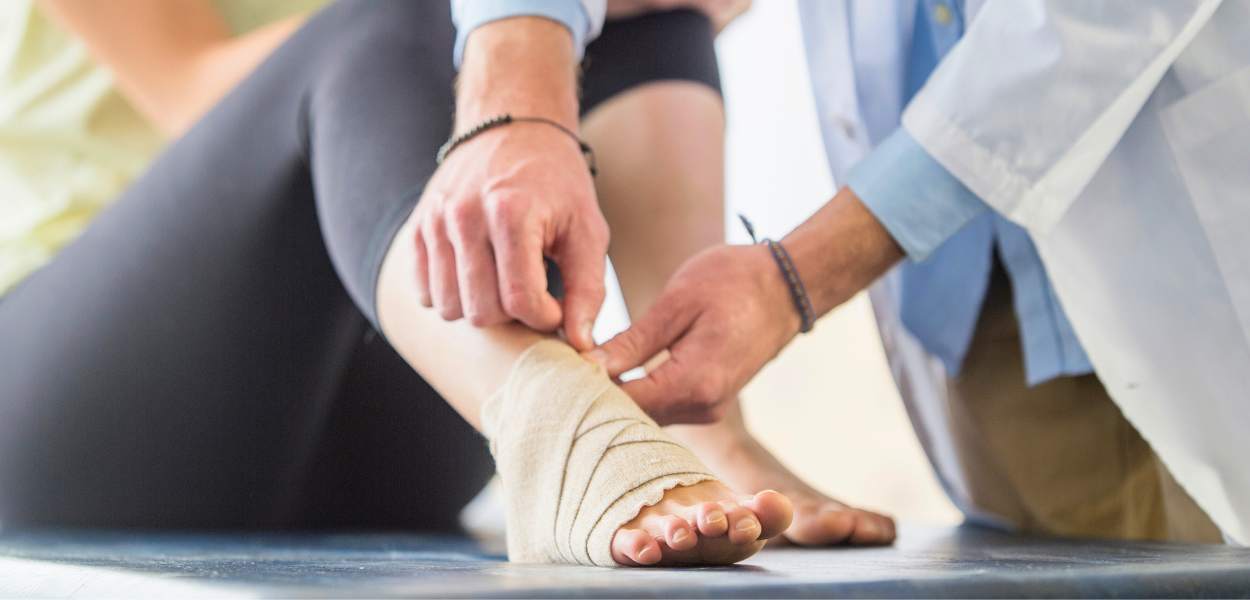Common Wrist injury: The Triangular Fibrocartilage Complex (TFCC)

Signs, Symptoms and Treatment Options
The Triangular Fibrocartilage Complex (TFCC) is a complex structure within the wrist, which acts as a major stabiliser of the joints between the two forearm bones (distal radioulnar joint) and also between the ulna (forearm) and the carpal bones (the hand). The TFCC helps to transmit the load from the wrist to the forearm, as well as assist in complex movements of the wrist.
The TFCC is susceptible to injury, commonly either traumatic or degenerate.
Traumatic injuries such as falling onto an outstretched hand or degenerate in nature (wear and tear). Risk factors include:
- Previous history of wrist fractures
- Gout
- Rheumatoid arthritis
- Chronic overloading of the wrist mainly related to sport or occupation
- Anatomical abnormalities in the forearm bones such as the ulna being longer than the radius (bones of the forearm)
- Increasing age
Symptoms of TFCC injury include:
- Pain on the ulnar side (little finger side) of the wrist +/- clicking sensation
- Swelling over the ulnar side of the wrist
- Reduced grip strength
- Difficulty weight bearing on that wrist through the hand
- Pain that is worse with twisting or rotational movement ie) opening a jar, lifting heavy objects
What are the suggested treatment options for the management of TFCC injuries?
Management of TFCC injuries is mainly determined by whether the distal radioulnar joint is stable. If instability is present the joint needs to be stabilised. Conservative options for TFCC injury are mainly considered in presence of a stable distal radioulnar joint include:
- Rest from aggravating activities
- Period of immobilisation in a splint for 4-6 weeks
- Anti-inflammatory tablets
- Cortisone injection
- Physiotherapy and taping
- Biomechanical analysis to look at what may be causing the overloading of TFCC
Failure to respond to conservative treatment over a 3 month period, surgery may be considered which may include repair of the tear, debridement of the tear, ulnar shortening, and various types of ulnar head resection.
If you think you have a TFCC injury please contact the staff at Sports and Spinal Physiotherapy who will assist in the correct diagnosis and management of your injury. Imaging may also be needed to confirm the diagnosis.
Book a session with our friendly physiotherapists for an in depth assessment.




